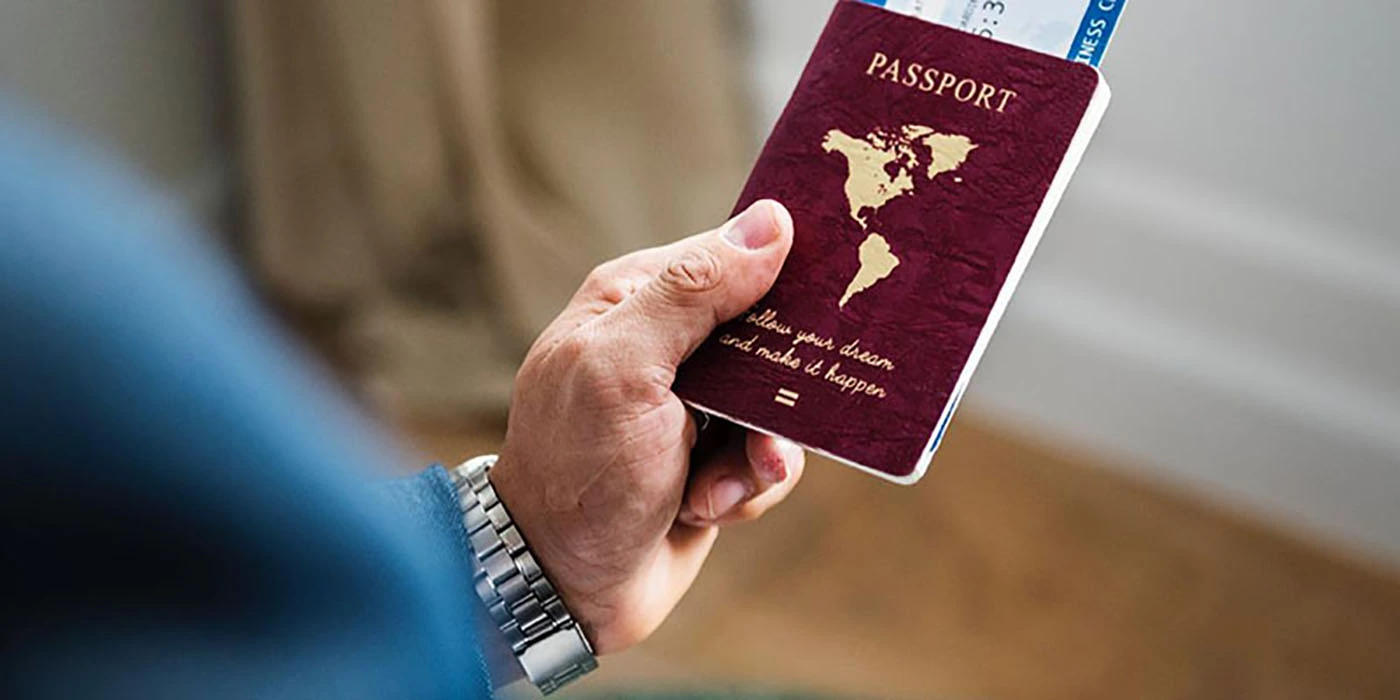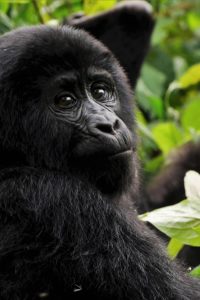Travel to Uganda requirements
Like Uganda, the majority of African nations follow similar cultural customs and traditions, but the country’s wide variety of ethnic groups makes it an intriguing place to visit at any time of year. Travel to Uganda requirements. Of course, everyone, including international visitors, must abide by the norms and regulations of any safe vacation destination.
Given all that Uganda has to offer, animals, lakes, rivers, natural conservation areas, and the most welcoming people, foreign tourists should be certain of the essential travel necessities for everyone visiting the nation. Therefore, aside from the well-known natural beauty that appeals to both luxury and budget travelers, nothing could be odd or significant.
Ugandan Visa
Any foreign national who plans to travel to Uganda for work, tourism, business, or volunteer work needs a visa. That permits them to remain in the country legally. You don’t have to worry about how to apply for a Ugandan visa. It’s incredibly simple to get one when you arrive at Entebbe International Airport. If you are traveling to the country for tourism, be prepared to pay $50 at the airport for a 90-day single-entry visa.
However, there is also the option of a multiple-entry visa. The cost of which fluctuates according on how long a person plans to stay in Uganda. The $100 multiple admission visa categories are valid for 6–12 days, the $150 multiple entry visa categories are valid for 24 months, and the $200 multiple entry visa categories are good for 36 months.
A valid passport
Every traveler to Uganda must have a valid passport that is more than six months old. Fill out an arrival declaration card, follow all immigration procedures. And provide the biodata information included in the passport for anyone entering through any entry point, including Entebbe International Airport. Travel to Uganda requirements.
Like many other travel destinations, Uganda is regarded as safe and ideal for all types of vacations. Since some tour activities, like chimpanzee tracking, gorilla trekking safaris in Bwindi Forest and Mgahinga National Park, require verification, it is important to maintain your passport with you while your safari in Uganda.
Certificate of Yellow Fever
To ensure their safety throughout their African adventure vacation. Visitors to Uganda and its neighbors, Rwanda, Kenya, and Tanzania, must possess a Yellow Fever certificate. Since yellow fever has a very efficient vaccine and is advised for all visitors to Africa, no one should be dying from the sickness.
Where to stay
Many hotels and safari lodges in Uganda provide both luxury and low-cost tourists with meals and overnight lodging. The professionals at Abunda Discoveries Uganda can help you arrange accommodations in Uganda, including hotels, safari lodges, guest houses, and flats.
Travel Security Advice for Uganda
There should be precautions, just like in any large metropolis. Keep travel documents, travelers’ checks, cash, and other valuables with you at all times unless your hotel or lodge has safety deposit boxes. Although Uganda is very safe, we cannot guarantee your safety. Therefore, if you must walk late at night, we advise you to hire a taxi instead.
The Currency
The Ugandan shilling is used as the unit of money. Although Euros and Pound Sterling are also regularly accepted, the US dollar has always been the preferred hard currency. All major towns have banks and private forex offices where hard currency cash can be exchanged for local currency. However, outside of Kampala, traveler’s checks are not commonly accepted.
What to Pack
Bring light, comfortable hiking shoes, a rain jacket, a hat, sunglasses, sunscreen, bug repellent, and neutral-colored clothing for your Uganda safari. Remember to pack a camera, binoculars, and any prescription drugs you may need. For chilly nights, bring light layers, and for mountainous regions, bring warmer clothes.
When to visit
The wettest and coolest months are March through May and mid-September through November. While the hottest months are December through January. The rainy seasons—which typically peak from mid-September to November and March to May—make it more difficult to engage in activities like mountain treks, gorilla tours, which include tracking through steep slopes with deep vegetation and undergrowth, and other forest walks.




